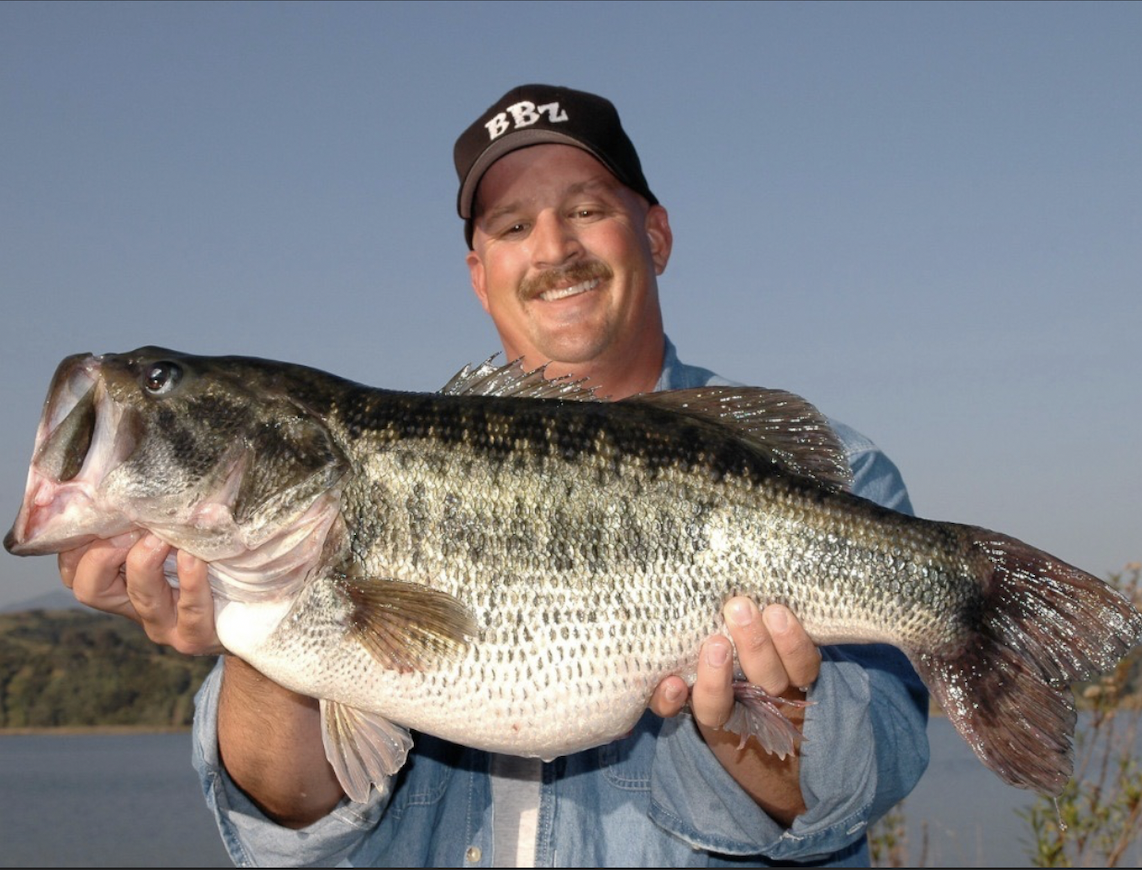Evolve Your Mindset, Shed Your Limitations
Anyone who has ever picked up a rod has done so with one thought: To catch a big one. While this intent may be refined, reworked or seemingly tossed aside from time to time, there exists in every angler a lingering thought that the next cast might produce a big fish.
You see, hope is a beautiful thing. It has the capacity to re-energize fishermen and mentally keep them in the game. Unfortunately, when hope operates independently from reason and logic, it can produce negative results.
For the past two decades, the so-called "information pipeline" has unleashed a torrent of bass-fishing information. Largely fueled by the professional tournament circuits, this wellspring of angling knowledge has laid upon the doorstep of any fisherman willing to listen the experience of highly disciplined and proficient anglers. Without question they are very, very good at what they do.
Photo: Bill Siemantel
Bill Siemantel says bigger bass can be caught on demand, even in tournament situations.
Laboring under some very specific rules and most importantly – time constraints – professional bass anglers have shown us how to efficiently find and catch fish. No doubt about it, they are extremely skilled at wading through the morass of weather, water and seasonal factors to locate and corral catchable bass. What they haven't been able to unravel is the mystery of catching bigger bass on demand.
Although tournament anglers frequently talk about getting a limit and then looking for bigger fish, few, if any, have ever provided a step-by-step approach to achieving that goal. They say it and perhaps some have a gameplan in mind. The problem is that no one has ever really spelled it out, much less made it work with any regularity. This isn't a knock on tournament fishermen – merely a statement of fact.
What they do on a week-to-week basis just doesn't lend itself to catching bigger bass. In the past 20 years, for example, the concept of "pattern fishing" has almost been erased from the professional jargon. With so many skilled anglers competing for the same prize, finding a series of spots not covered up by other fishermen has become a rarity.
Moreover, the thought of pursuing such a strategy is now a low-percentage option. Having a bad day, much less a bad tournament, is the surest path to career suicide.
Instead, the tournament game has largely become one of spot fishing – i.e. find a concentration of bass and then make the most of it. If a particular zone holds better fish, you're in business. If not, then you better have another area with quality fish. Otherwise, your foothold among the upper echelon is most assuredly a slippery one. That's just the way it is.
As a result, the methods for catching bigger bass are generally an extension of proven tournament tactics - a bulkier jig or a bigger spinnerbait, for instance. The logic of these adjustments should be obvious: Don't veer too far away from proven tournament methods.
Do they work? Well, it all depends on what you mean by "work." In tournament situations, using slightly larger versions of proven baits is the accepted means of culling within a defined group of bass. Remember, most tournaments are games of ounces, not pounds. Although the occasional giant is always welcome, the object is not necessarily to catch the biggest fish in any given impoundment, but simply to catch bigger fish than everyone else in the tournament. It's a subtle distinction, but an important one nonetheless.
With increasing pressure on tournament anglers to perform and a precipitous drop awaiting those who don't, is it any wonder that professional bass fishing has generated few significant big-bass advances in the past five or 10 years? Is it any wonder that the tidal wave of fishing information has not offered much in the way of catching bigger bass? It doesn't surprise us because the game no longer seems to reward innovation. The payoff comes in the refinement of existing lures or techniques, not in thinking or fishing outside of established norms.
Nowadays, a professional bass fisherman does not have the time or motivation to do anything other than learn how to play the tournament game. It's not a harsh assessment, but again, simply one based on reality.
To catch bigger bass on demand and perhaps connect with the largest bass in any impoundment requires a different mentality. You have to take what you think you know, turn it 180 degrees and, as with all skills, invest the time and dedication the task requires.
Since trophy bass comprise such a small sliver of the overall population, anglers assume that catching them is more akin to picking the right lottery numbers. The stars have to somehow align in the heavens and Lady Luck better be riding shotgun. Not so. Since the same tired axioms have been repeated long enough to be accepted as fact, the questions about catching big bass have gone unanswered.
Bigger bass can be taken on demand, even in tournament situations. Not every time, not all the time. Like all things in bass fishing, big bass methods are not absolute. But there are certainly methods and mindsets that shift the odds in an angler's favor – ones that reach far beyond the vague advice that commonly passes for big-bass fishing knowledge. This is what "The Big Bass Zone" is all about. If you can open your mind and shed those limitations that say what you can and can't do or what should and shouldn't work, come along for the ride.


